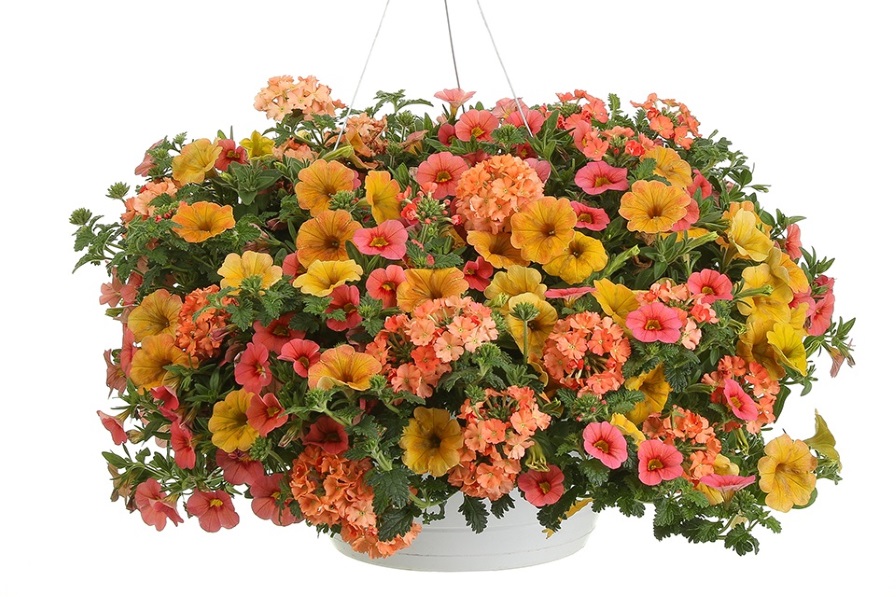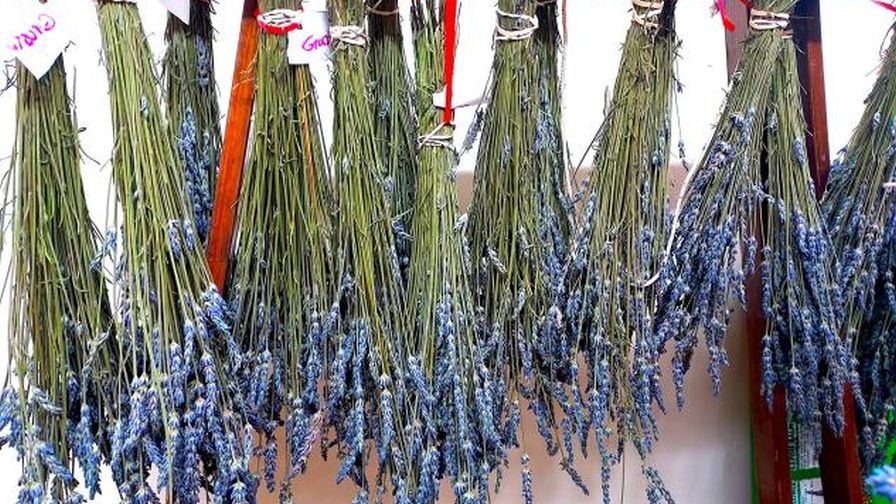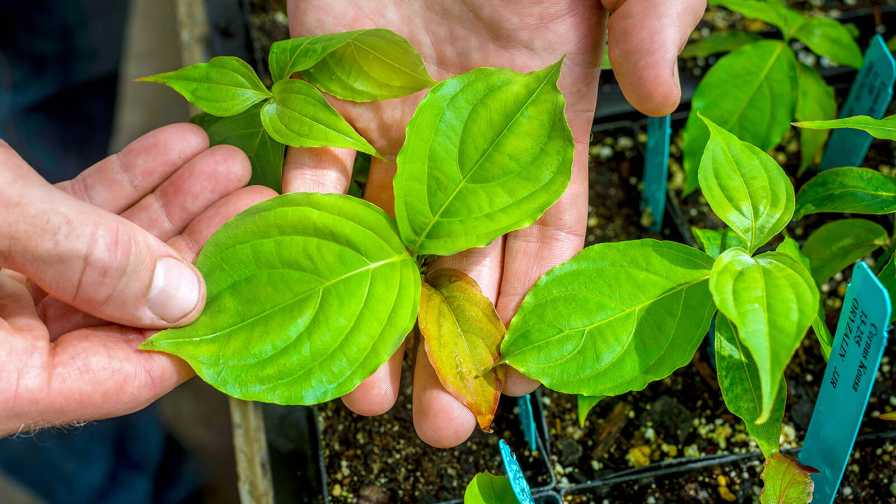Choose The Right Greenhouse Varieties For 2013

While the greenhouse industry has become more progressive in its marketing efforts, we are still stuck using very traditional approaches that are no longer effective. Let’s look at a couple of levels in the supply chain to see how they market their products.
Growers
There has been a huge transition in the balance of power regarding variety adoption at the grower level. This is driven by the influence of outdoor grower trials. Many retailers are selecting varieties based on what some say are the most objective trials. Leading examples are Metrolina, VanWingerden International, Welby Gardens, Costa Farms and C. Raker, just to name a few. Retailers don’t care who bred the plant; all they want to know is what works best and if it comes from a reliable source. Some industry observers have suggested the importance of university trials has vastly diminished.
Breeder And Producers
This group has changed California Spring Trials from trials to a new product event, but surprisingly, a lot of what they display is existing varieties. For example, some breeders say they have an improved red, but it really is not a new product.
Breeders have created a level of confusion that mires the buyers in a sea of good new products along with a lot of clutter. Some companies have so many messages that it is impossible to understand what they really want to sell. If you add all the products that are listed as new from the 30-some breeding companies, it totals more than 1,000 varieties.
Will someone please tell me how to sort out the real home-run products?
Brokers And Distributors
I find it hard to ascertain what vital role this group plays in marketing. Some want to sell their own corporate genetics that may or may not be equal to or better than the current market-leading varieties.
Brokers and distributors used to play a significant role in the selection and adoption of new varieties. They would make objective observations from the Spring Trials and silently pass on specific recommendations to the grower. Maybe their role is more unclear because many retailers and growers go to the trials now and know just as much about new varieties. Regardless of the reason, there is still a need for someone to sort out this vast array of new products and have the courage to make specific recommendations to the grower market.
Some brokers have developed websites that allow growers to order online, look at their order file, look at historical purchases and create real-time accurate inventories. They use a Marketing 101 theory — make it easy to do business — a basic step in creating happy and loyal customers.
Use Marketing To Ensure Success
Retailers talk about the importance of garden performance in variety selection, but they adopt many varieties that are sold nationally. There are so few varieties that work well in the garden throughout the entire United States, you can count them on your fingers. One that comes to mind is the Calliope geranium, which looks great all over the country. If garden performance is a paramount criteria, why are there so many programs with varieties listed nationally?
If this industry wants to flourish, we must bring in new generations of gardeners. To do this, we must do everything we can to ensure their success. Selling varieties nationally puts us on a dangerous path. The correct information is there, from grower, university and All-America Seed Selection trials around the country. We just have to take the time to use it.









